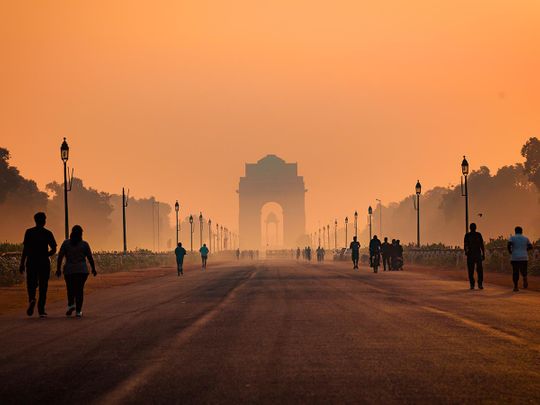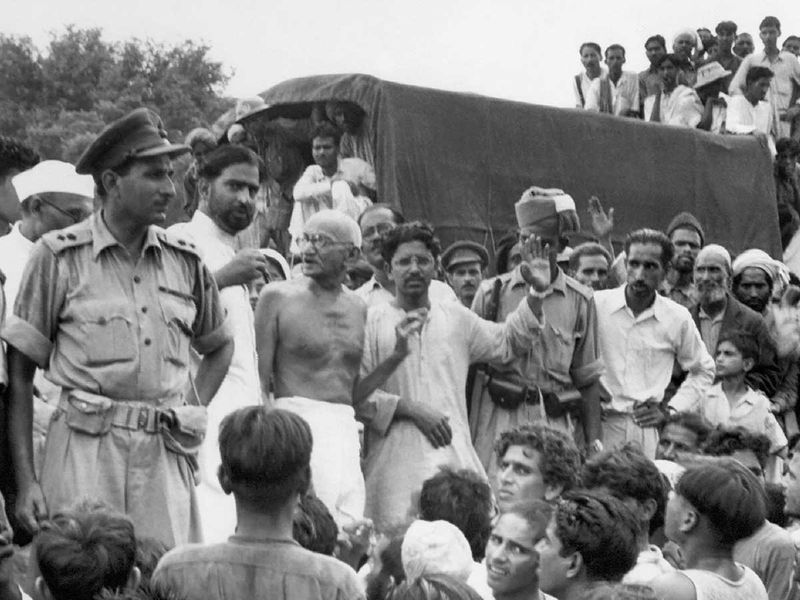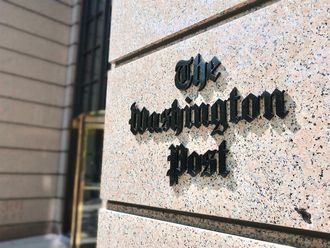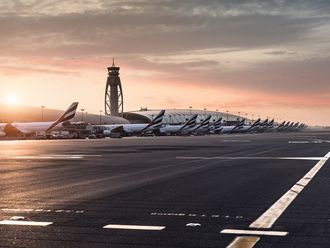
The 75th anniversary of India’s independence is less than a month away. There will no doubt be a lot of outpouring of nationalism, along with some reflective musings about the state of the nation. As we gear up to celebrate freedom, it is remarkable we don’t seem to remember the un-freedom we fought against.
It seems like a while ago when we used to hear people demand the return of the Koh-i-Noor, the diamond found on Queen Elizabeth’s crown even today. There’s nobody demanding the return of artefacts from the British Museum. Boris Johnson recently visited India and there wasn’t even a perfunctory article in the press demanding an apology for the Jallianwala Bagh massacre.
The barbaric man’s burden
The excesses of British colonial rule in India were far greater than one diamond, one massacre or one famine. The young Indian today must be baffled to hear Mahatma Gandhi’s quote questioning whether the Western world could be called a civilisation.
To understand that harsh statement, you have to think about, for instance, how the British took revenge for the revolt of 1857. They were tying people to cannons and firing them, blowing them to bits, coldly recording how the head would go straight up in the air.
How many Indians realise when they walk around Delhi’s Red Fort that most was Red Fort actually does not exist. It was destroyed as a response to 1857. Ditto many such monuments in Lucknow and other places. The British even toyed with the idea of dismantling the Taj Mahal and selling off the marble.
An average educated Indian has heard the facts, knows the stories, but they don’t register. They don’t seem to move us. They don’t make us wonder how the colonial experience is responsible for India being a poor country even today.
People know India was supposed to be a prosperous place ruined by colonial loot and plunder. But when we are ashamed of India’s poverty, we never seem to think of the British.
If anything, you can hear Indians casually wonder whether British rule was so bad after all. Well, if it wasn’t, why celebrate “freedom”? Why not go back to the old era?
So deep is the amnesia that when politician Shashi Tharoor spoke about colonial excesses in a debate in Oxford University, his speech went super viral in India. His publisher insisted he write a book about it, which he did, himself wondering about the success of the speech given that he was saying nothing not already found in history books.
Crystallising public opinion
What explains this amnesia? Maybe it is simply that time heals. Seventy five years is a long time. Most people who must have seen the horrors of colonialism are now dead.
But if that is the case, what explains the obsession with the “Mughal” past? In both positive and negative ways. Why are Indians fighting over whether a mosque was built by demolishing another structure, but not fighting about the need for Britain to apologise for looking the other way as famines and plagues killed millions of people they were allegedly “civilising”? How come we see public debates on the reign of Emperor Aurangzeb, who died in 1707, but not the rapacious British Empire?

Public opinion (about all things, including history) is shaped by contemporary forces. People think about Mughal rule because they are made to think about it. Decades of propaganda has made every neighbourhood uncle an expert on the Mughal era.
Ironically, this propaganda itself is a legacy of the British colonial policy of divide and rule, whose greatest achievement was the bloody partition of India, killing at least a million people in riots. Yet the only argument you hear about the Partition is whether Jinnah was responsible or Nehru. Nobody has any interest in looking at the role and motivations of those who actually did the dividing.
Who will bell the cat?
The reason why we don’t have anti-colonial angst is because nobody is provoking it.
Nobody seems to think that reflecting over what colonialism did to India should be a matter of public conversation. Beyond learning about it to pass exams, they have little use. Even Bollywood has made very few films about it. Except for Lagaan (2001) or films on revolutionaries like Mangal Pandey and Bhagat Singh, there is little to show. It is a shame the best known film on Mahatma Gandhi was made by a foreigner.
Who should be talking about the colonial experience in India, and is not doing their job? India’s majoritarian extremists can’t be expected to speak against colonialism, because they were found absent in the ranks of the freedom fighters.
When the champions forget their own history
The people who should be talking about the horrors of colonialism are the ones who fought against it. And that is the Indian National Congress. What stops them, for example, from passing a resolution in the Congress Working Committee demanding the British apologise for the Jallianwala Bagh massacre, or for Partition, or pay token reparations?
The Congress party’s critics want to know ‘what did the Congress do in so many years of ruling India?’ To answer that question, the Congress could first remind people the state in which the British left India. Once the champions against colonialism, the Congress has taken the lead in forgetting history.
We pay a heavy price for our amnesia about colonialism. This amnesia ensures the British divide and rule policy continues with interreligious conflict in India and throughout South Asia. Every society has a contest over the past as a way of defining the present. By forgetting colonialism, contemporary India is effectively forgetting a part of its identity.








